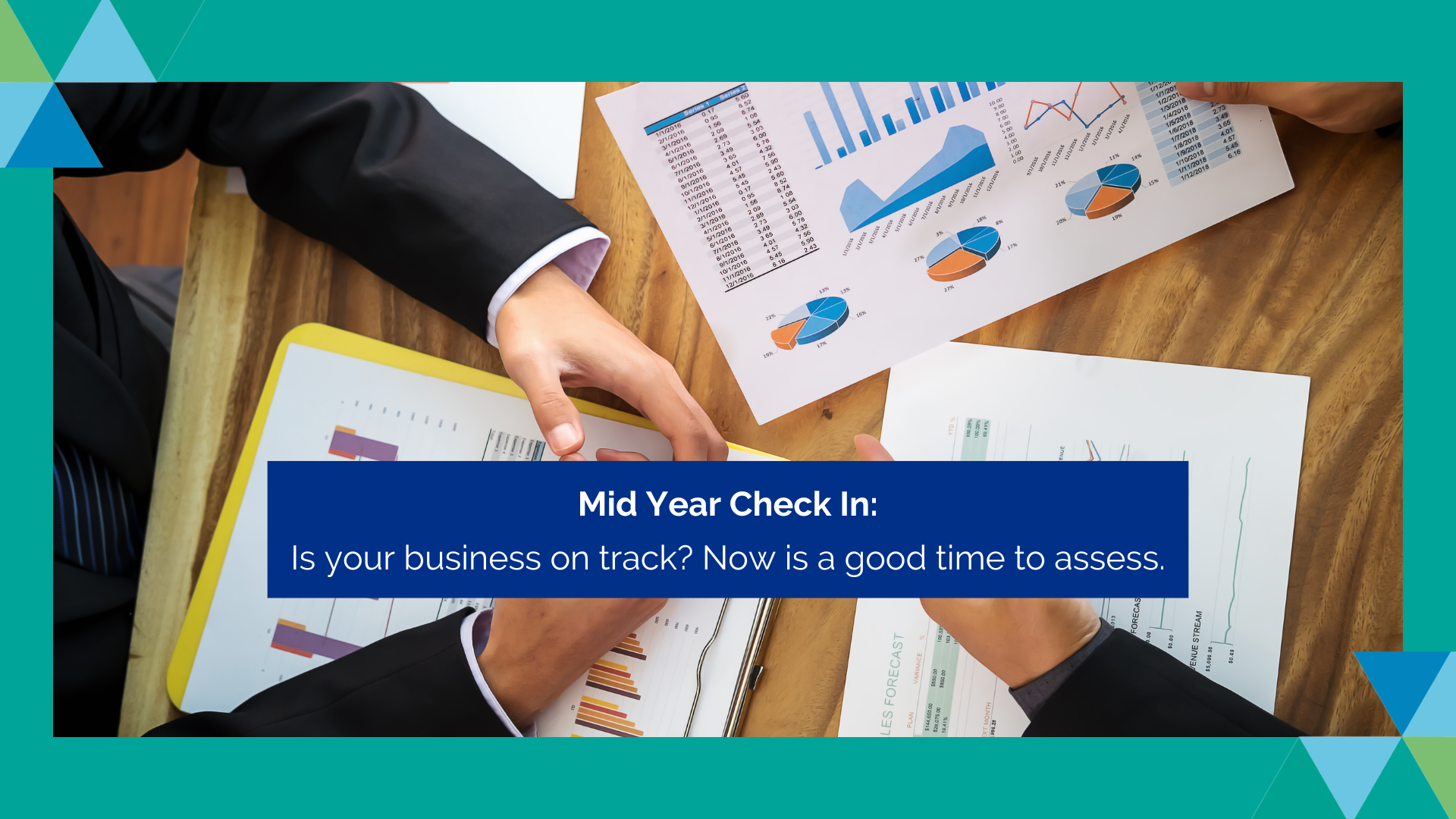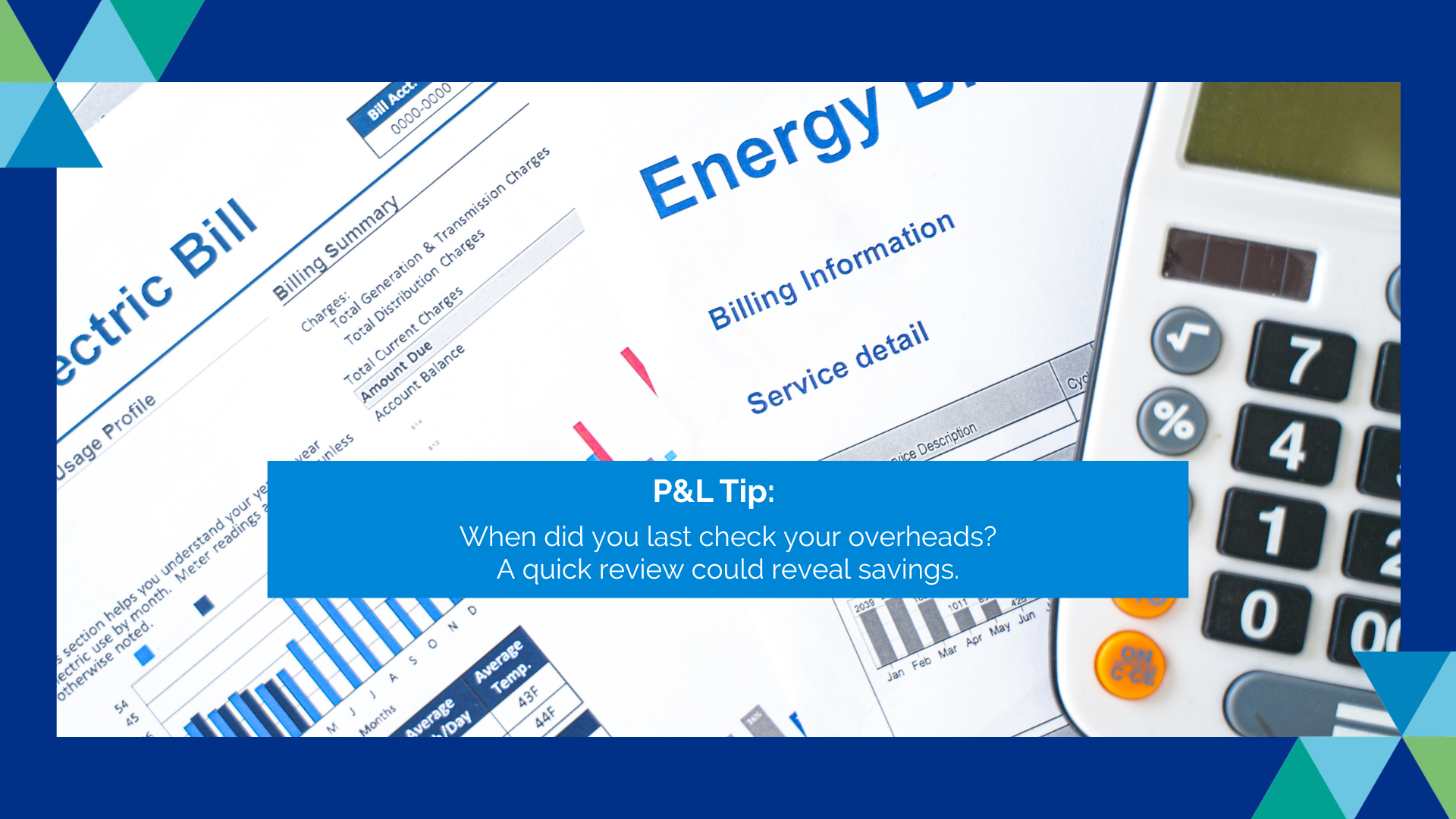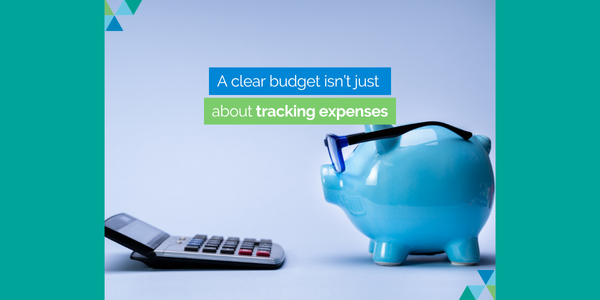Three simple steps to creating effective financial measurement

Let's face it, business owners are often time poor and fulfilling ubiquitous roles. Keeping track of their finances is simply another job to add to their very long list. We speak with a lot of business owners who will openly admit that they like to either bury their head in the sand when it comes to the day to day management of their accounts due to not having the time available to monitor or to understand what the numbers really mean.
As Chartered Accountants who have worked with thousands of small businesses for many years, we see how measuring your financial activity on a regular basis can have such a significant effect on the success of your business. Keeping the key figures front of mind with both yourself as well as your team can help you make
In many business cases, there are generally just a few key numbers that you need to keep
Keeping track of your financials doesn't have to be hard or take a lot of time. Below are four quick and easy steps that will help you effectively and efficiently measure your businesses key financial data.
Step 1: Decide what you need to know
Ascertain what the important numbers are to report on by considering your short and long term objectives. Do you need to increase revenue, reduce debt, achieve a break-even, increase profit or simply generate a healthy cash flow?
If you are unsure about what you should be aiming for with your measurement metrics, hit Google up for some industry benchmarks. These are available online in bucket loads and most of the time you can access the information for free.
Step 2: Pick a period to report on
There's already not enough time in a working week for a small business, so the last thing you want to do is add an unnecessary task to your list for the sake of it. Depending on their size and industry, most of the businesses we work with measure their financials in detail on a quarterly basis. They do however also pay attention to a few key numbers monthly or even weekly to help guide decisions around expenses, sales, marketing or cash flow.
The weekly or monthly measurements don't need to be longwinded or consist of pages of figures – they may just involve half an hour of reviewing your P&L and setting some goals accordingly.
Step 3: Go forth and measure
Once you have decided what you are going to measure, how often you will measure it, who is in charge of measuring and what you should be aiming to achieve, it's time for the doing.
There is no point in completing steps one and two if you don't actually follow through with the measurement activity itself.
We have found that by formally nominating either someone within your
It's also a good idea to nominate all of those within the organisation that could benefit from being exposed to these figures in order to help drive their activities or decision they may have to make that will affect your figures.
Distribute this information in a consistent manner either at a weekly or monthly WIP meeting or simply sent as a group email to the relevant people. Your team will be far more inclined to keep your financials front of mind in their day-to-day operations if they are exposed to them
We love providing our clients with strategic and considered advice that helps them grow their business. If you would like to speak with one of our accountants about how we can grow your business, contact us today.










